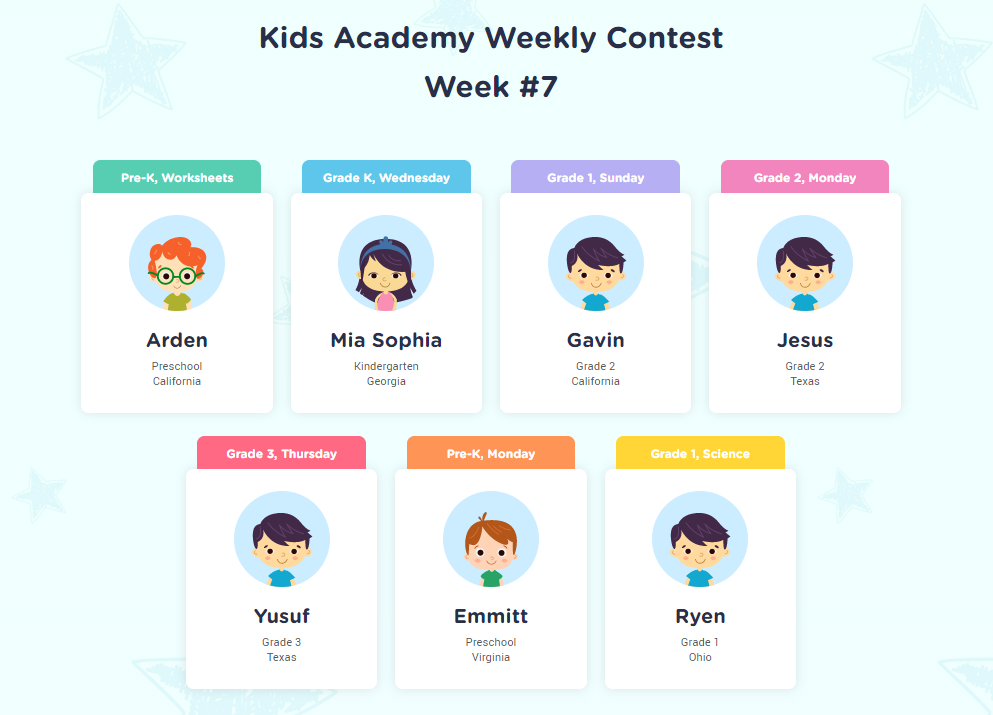Concentration improvement Science Worksheets for Ages 5-7
4 filtered results
-
From - To
Boost your child's focus with our engaging Concentration Improvement Science Worksheets designed specifically for ages 5-7. These worksheets integrate fun and educational activities that help develop critical thinking and enhance attention span. From exciting matching games to captivating puzzles, each exercise builds concentration skills while fostering a love for science. Perfect for at-home learning or classroom use, these resources aim to spark curiosity and deepen understanding of scientific concepts. With vibrant illustrations and age-appropriate challenges, your young learners will enjoy hours of productive play, promoting both cognitive growth and creativity. Visit our website to download these valuable tools and watch your child thrive!
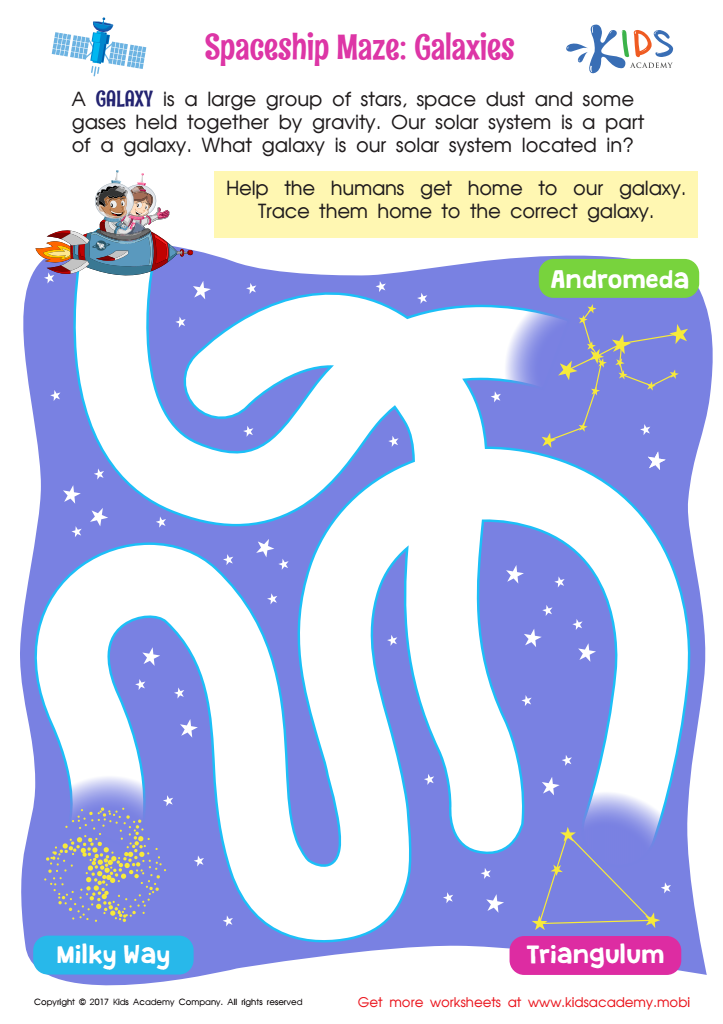

Spaceship Maze: Galaxies Worksheet
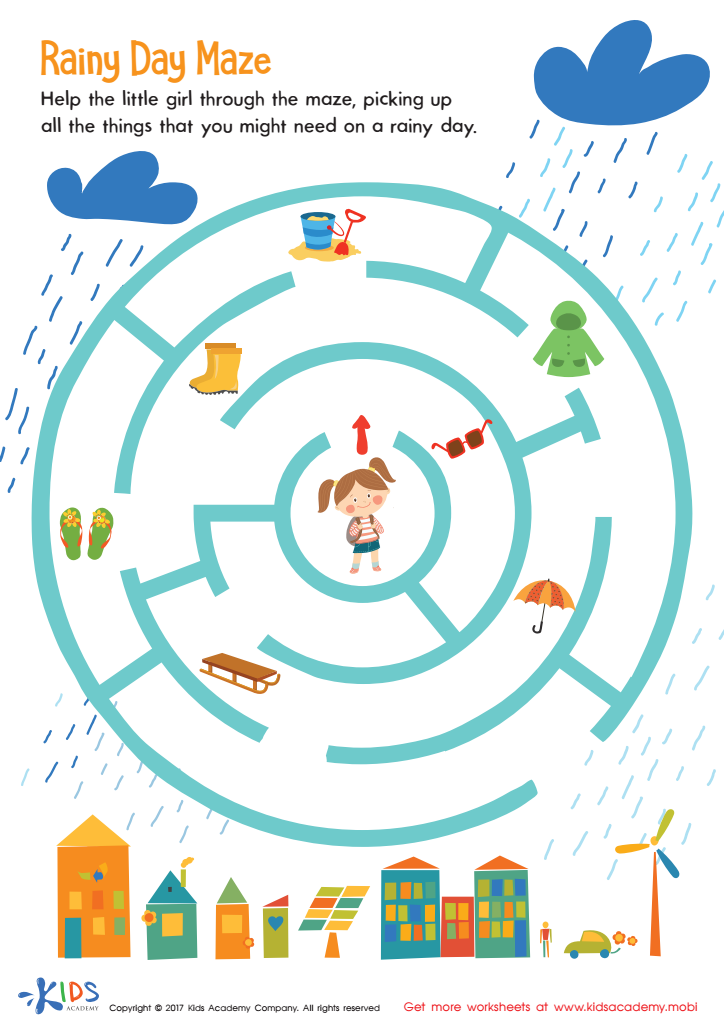

Rainy Day Maze Worksheet
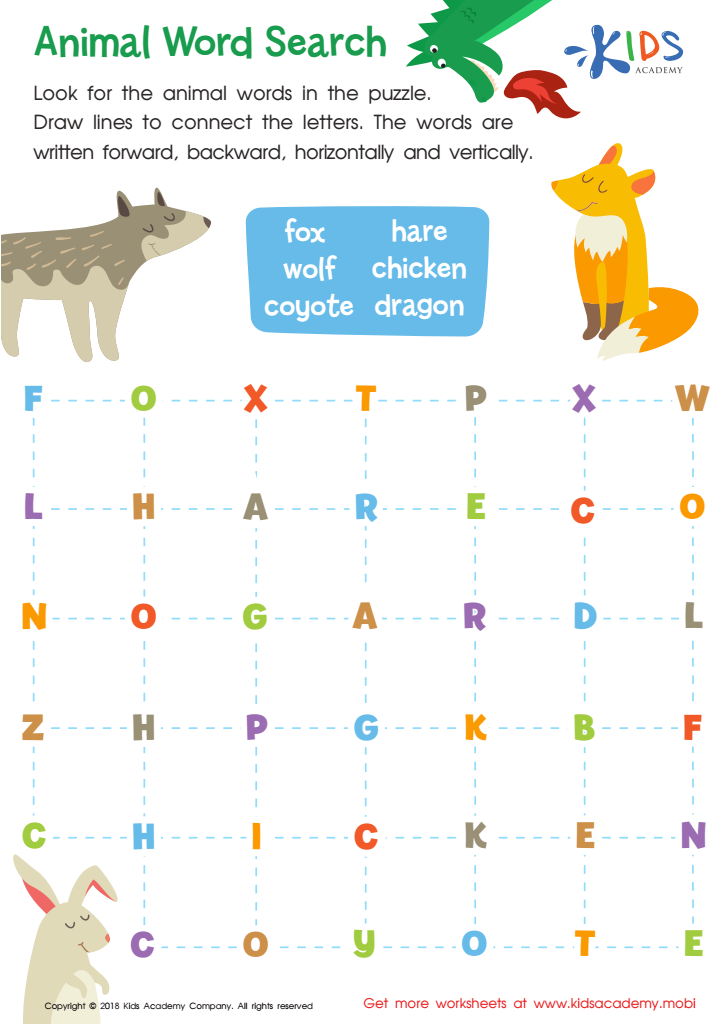

Animal Word Search Worksheet
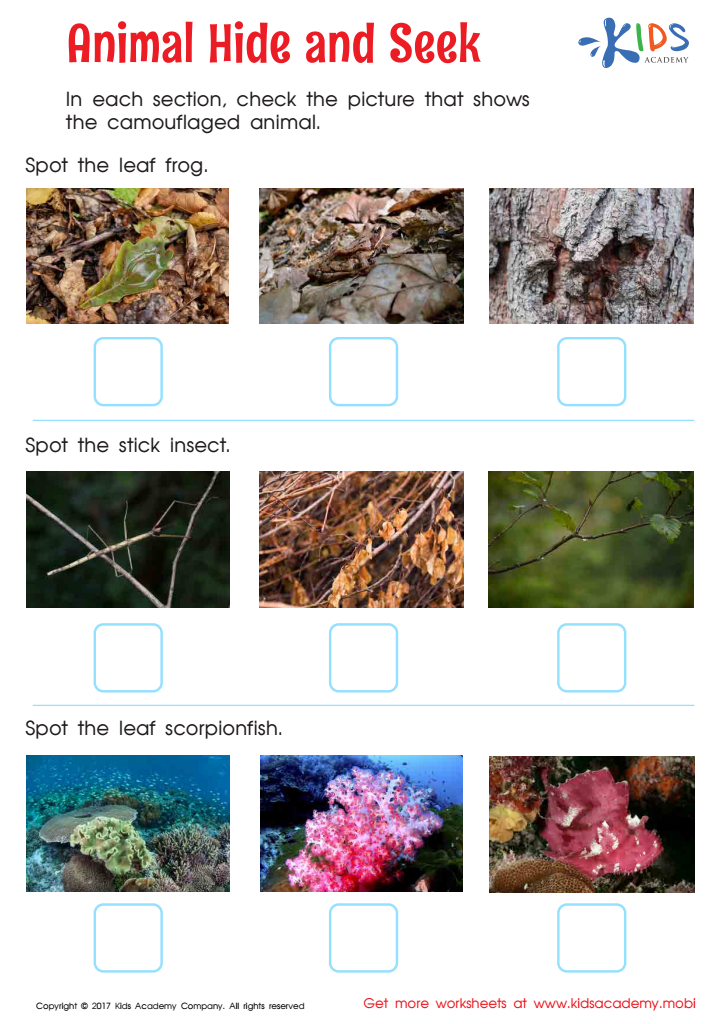

Animal Hide and Seek Worksheet
Parents and teachers should prioritize concentration improvement science for ages 5-7 because early childhood is a critical developmental phase influencing future learning abilities. During these formative years, children are developing their cognitive skills, including focus, attention, and self-regulation. Improved concentration can enhance children's overall academic performance, facilitating better understanding, retention, and application of concepts across various subjects.
Moreover, enhanced concentration skills can positively impact children's social interactions, as focused children are better listeners and communicators. They engage more meaningfully with their peers and teachers, fostering collaborative play and learning experiences. Further, strong concentration abilities support creativity and problem-solving, essential traits for lifelong learning.
By incorporating concentration improvement methodologies, parents and educators can create dynamic learning environments that cater to children's individual needs. Such methods may include interactive activities, mindfulness exercises, and engaging routines that bolster attention spans. Recognizing the importance of concentration in younger learners sets the foundation for a resilient mindset and academic success in later years, empowering children to navigate an increasingly complex world. Ultimately, prioritizing concentration at this young age leads to well-rounded development, equipping children with essential life skills for their future.

 Assign to My Students
Assign to My Students







